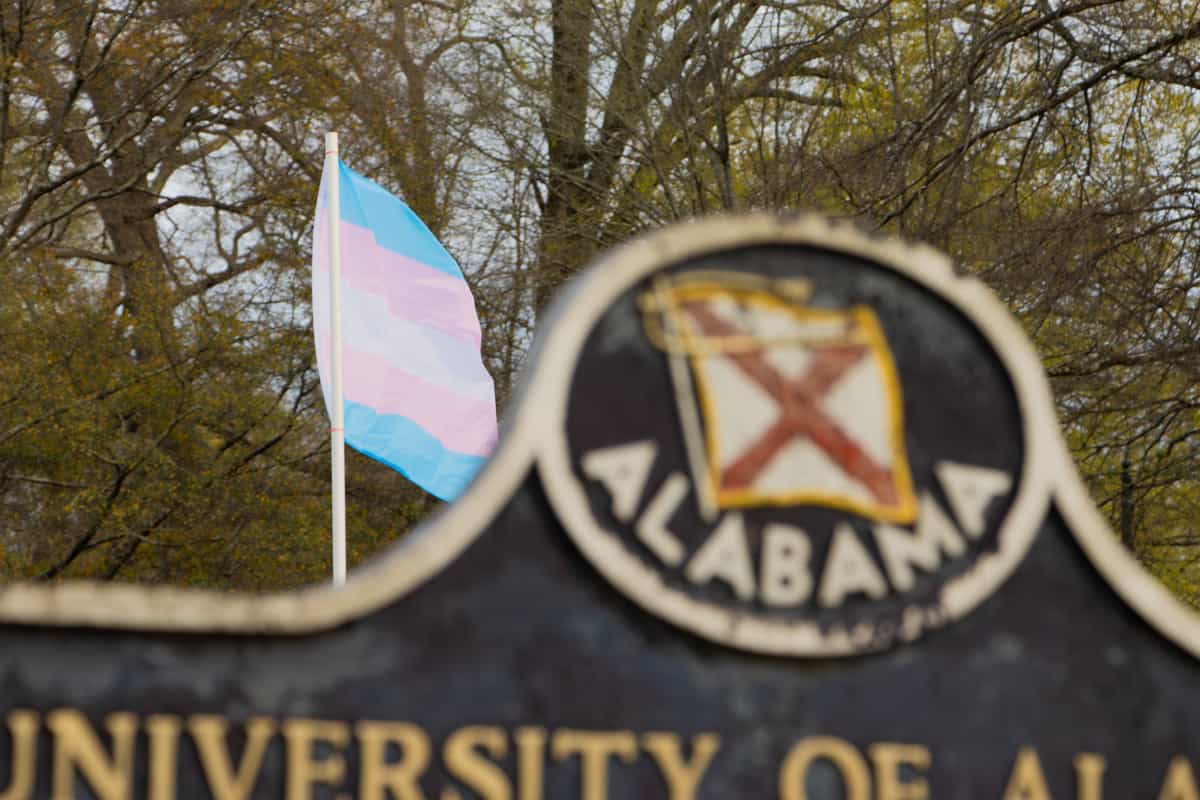Years ago, The University of Alabama began offering full-ride scholarships to National Merit Scholars in hopes of attracting high-achieving students who would not otherwise consider the Capstone. The end goal was that these students would stay after graduating and bolster the state’s economy.
I am one of those students, and for a while, I had considered attending medical school in Alabama and perhaps staying here permanently. After all, I am grateful for the state funding my undergraduate education and would love to give back. However, after the disaster February was for Alabama in the sphere of state politics, I don’t know if that’s possible anymore.
First, the in vitro fertilization ruling by the Alabama Supreme Court and subsequent suspension of procedures at UAB calls into doubt the ability of physicians to effectively practice medicine without interference from the government. Why would I want to practice in a state that would stop me from treating my patients?
As a junior premedical student, I am getting ready to apply to medical schools. Part of that process is deciding where I’d like to apply. This decision by the Alabama Supreme Court is a serious black eye on the state. I know it has made me reconsider applying to medical schools in Alabama, and from conversations with my peers, it seems I am not alone in this regard.
IVF is at its core a pro-life treatment. It creates new life, often for patients who couldn’t otherwise have kids. It is a relatively uncontroversial opinion that embryos are alive. However, it doesn’t necessarily follow that embryos are people.
After all, we are surrounded by nonperson lifeforms, like trees, grass and pets. And although an embryo has the potential to become a person, this potential is realized only in utero. The Alabama Legislature seems to be aware of the distinction between in vitro and in utero embryos. In the 2019 ban on abortion, the legislature specifies that it means in utero when referring to unborn children.
Second, the legislature has seriously overstepped with Senate Bill 129, which would kill all diversity, equity and inclusion initiatives at our state universities and ban the promotion of divisive topics. DEI is such an unproblematic topic that I seriously question whether the representatives understand what they’re talking about.
I have been to two University-sponsored DEI events in the past year. One was a talk from a Native American man discussing how the game of stickball influenced his culture. The other was from a professor of Latino studies at Northwestern University who spoke about how multiculturalism in colonial Central America affected modern-day Latinos. Both talks were friendly and informative, far from the intellectual bogeyman DEI is made out to be.
As for the banning of the promotion and endorsement of “divisive topics,” I cannot imagine a more horrifyingly dystopian idea. Universities have always been places of discussion and debate; that is how we expand the range of human knowledge. If Republican ideas and values cannot withstand opposing arguments and viewpoints, they should be discarded or amended, not shielded from criticism by the legislature.
It is worth considering whether a state that consistently ranks toward the bottom in education should be removing classes from the catalog at all.
Imagine a world where instead of banning classes we didn’t like, we offered additional mandatory classes in logic, rhetoric and critical thinking. Instead of elected officials being arbiters of truth in areas they know precious little about, we could allow students to think for themselves.
The students, properly armed with the tools to evaluate arguments and facilitate debate, would be able to decide for themselves whether or not the arguments surrounding these “divisive topics” are valid.
The state of Alabama is at a crossroads. It has spent millions of dollars recruiting highly touted students from all corners of the country and is now doing its best to make them leave.
Alabama needs to take a long look in the mirror and decide what it wants to be.
Will Alabama be a place of innovation that offers economic opportunities? Or are the ill-fated crusades against IVF and DEI symptoms of a diseased state inhospitable to those who would cure it?
Casey Anderson is a junior at The University of Alabama studying microbiology and philosophy. He is a member of the McCollough Institute for Pre-Medical Scholars and is the vice president of quality improvement and president-elect of Project Health.









